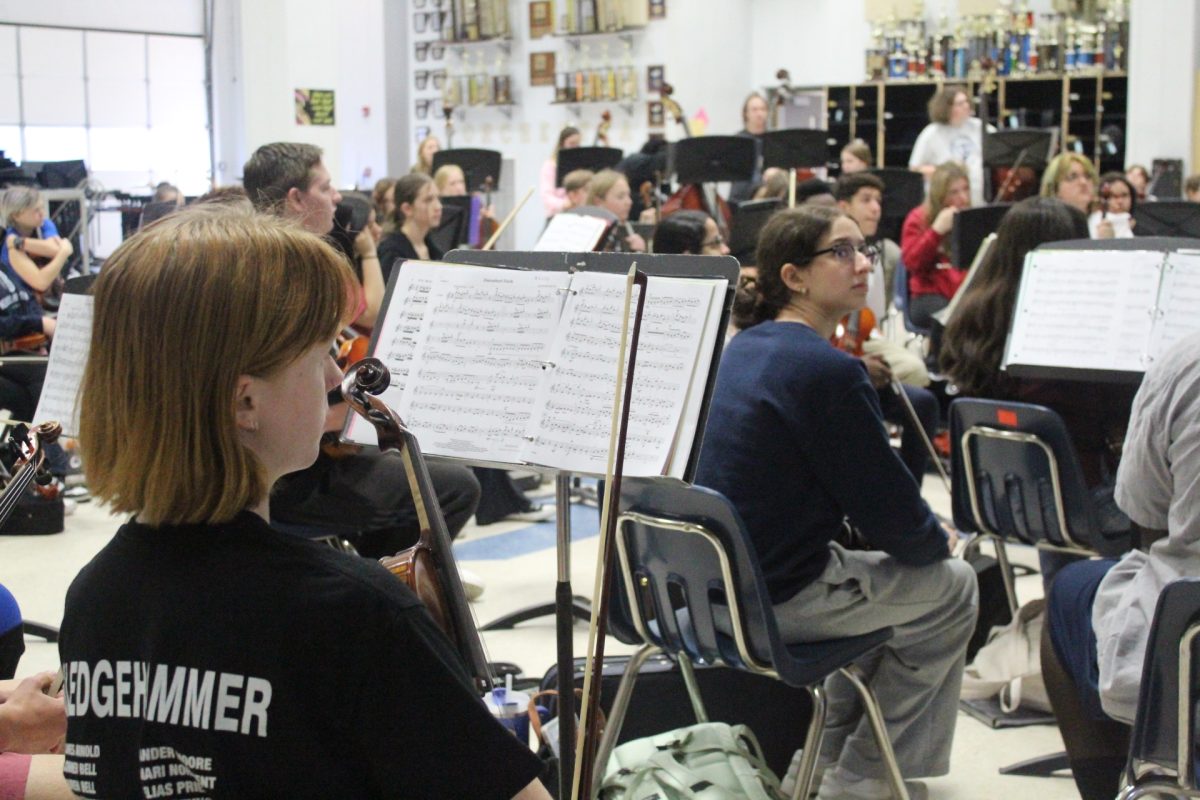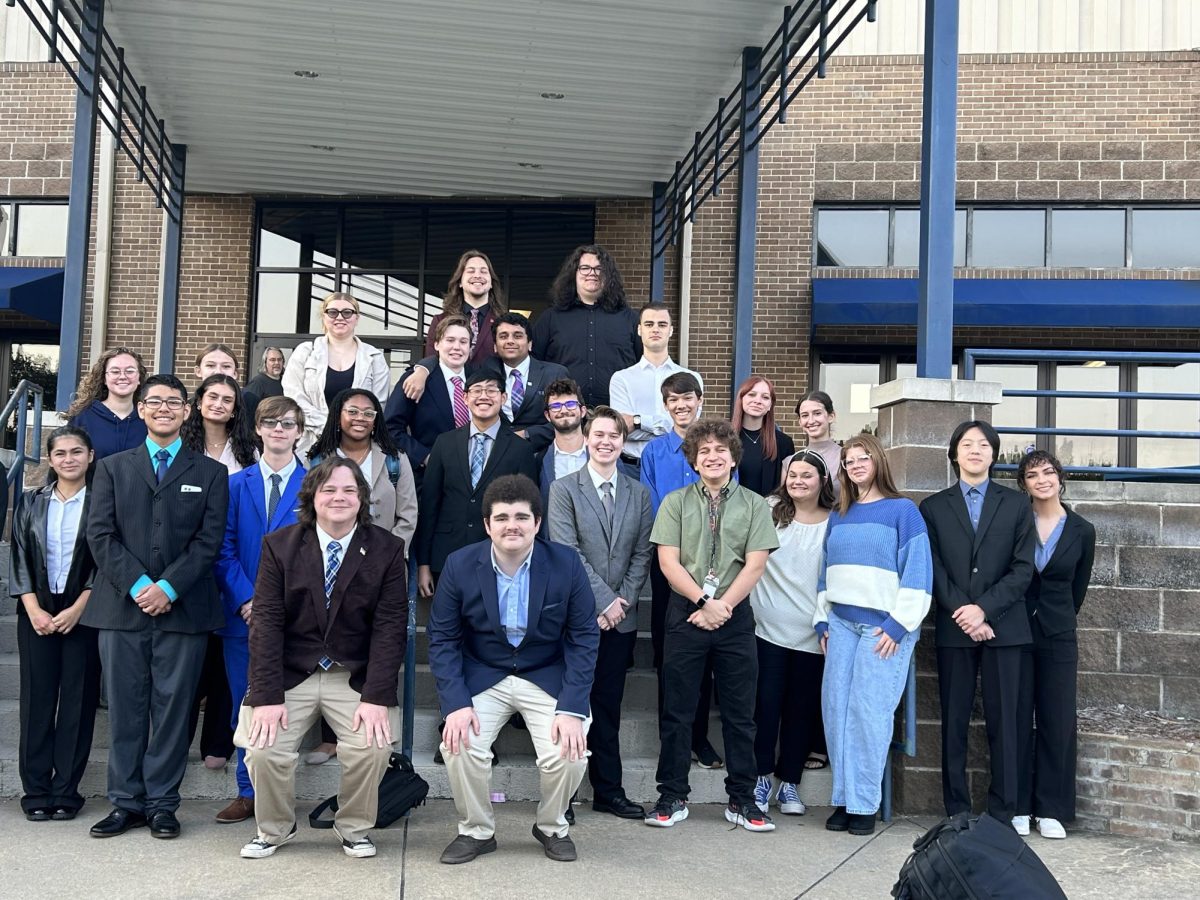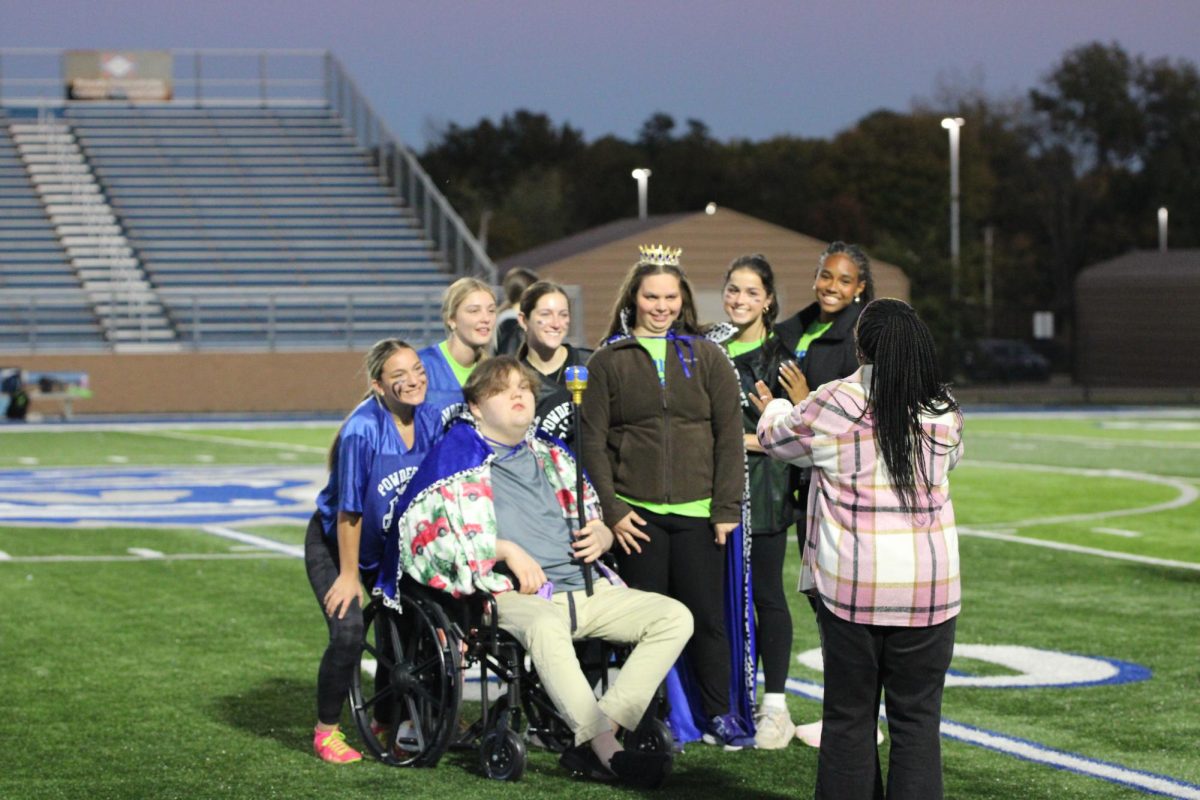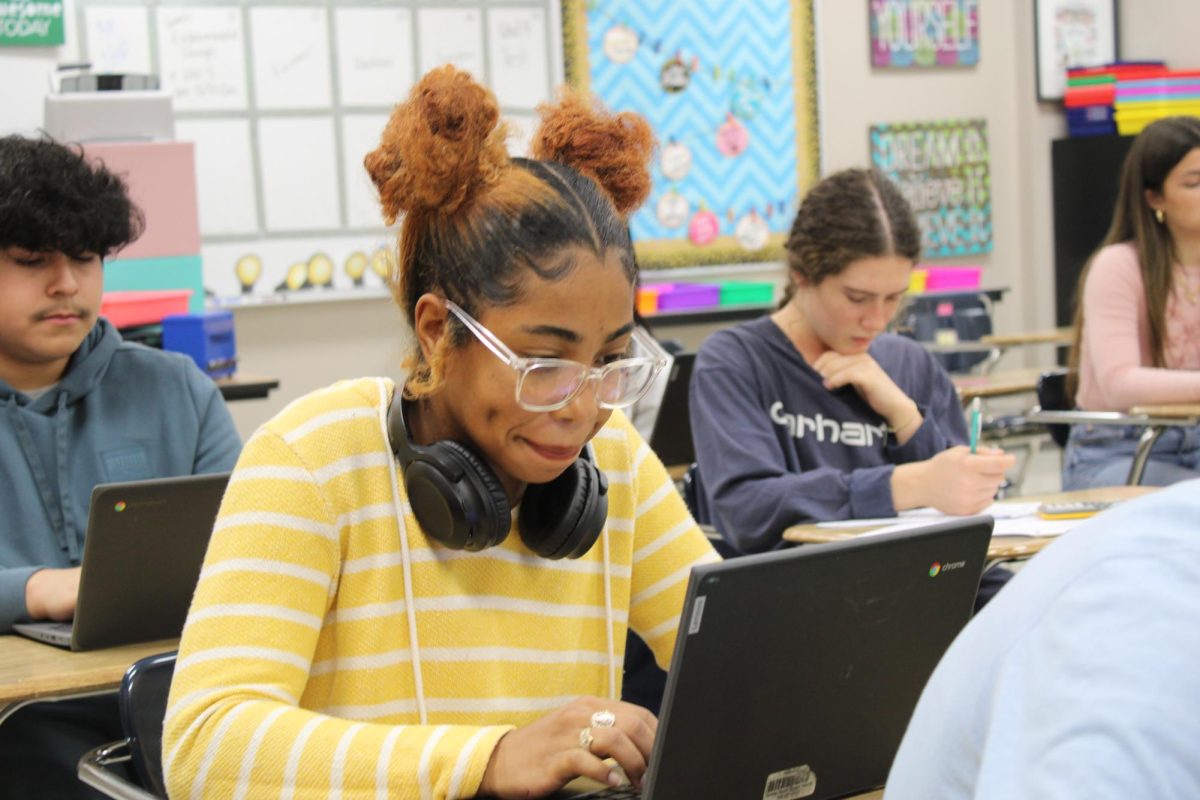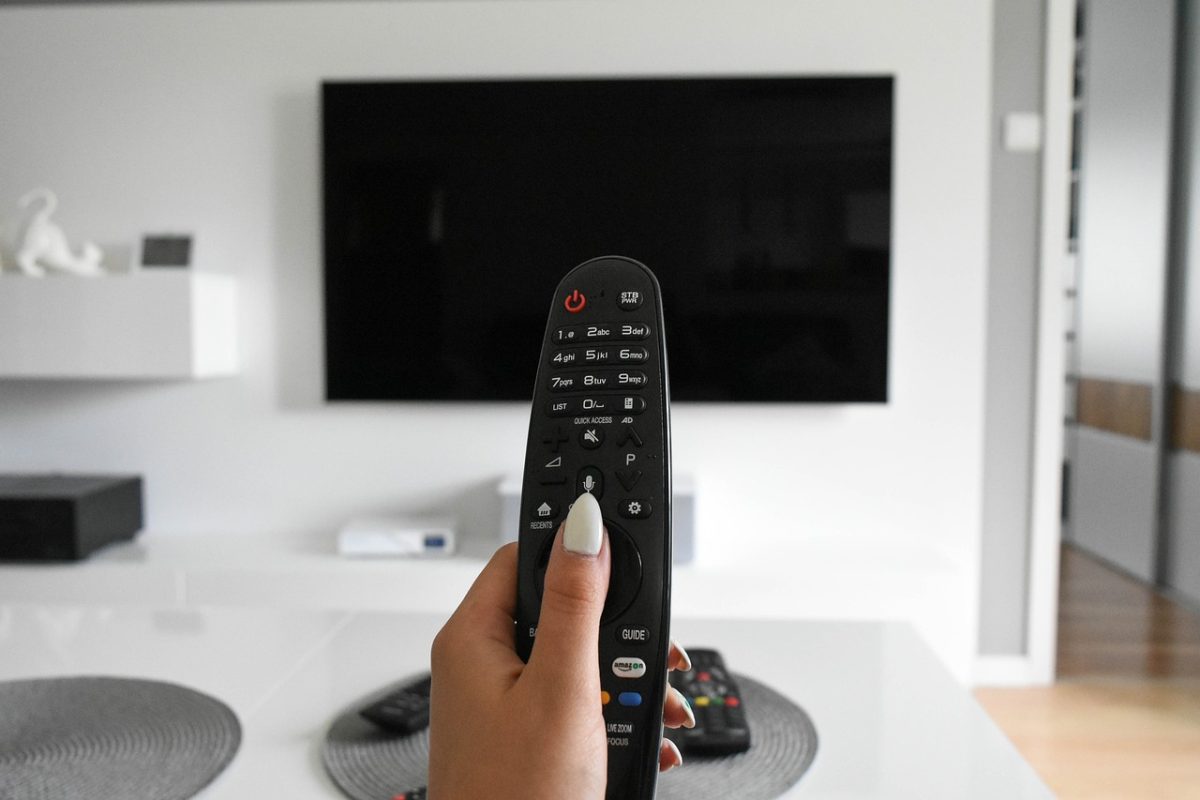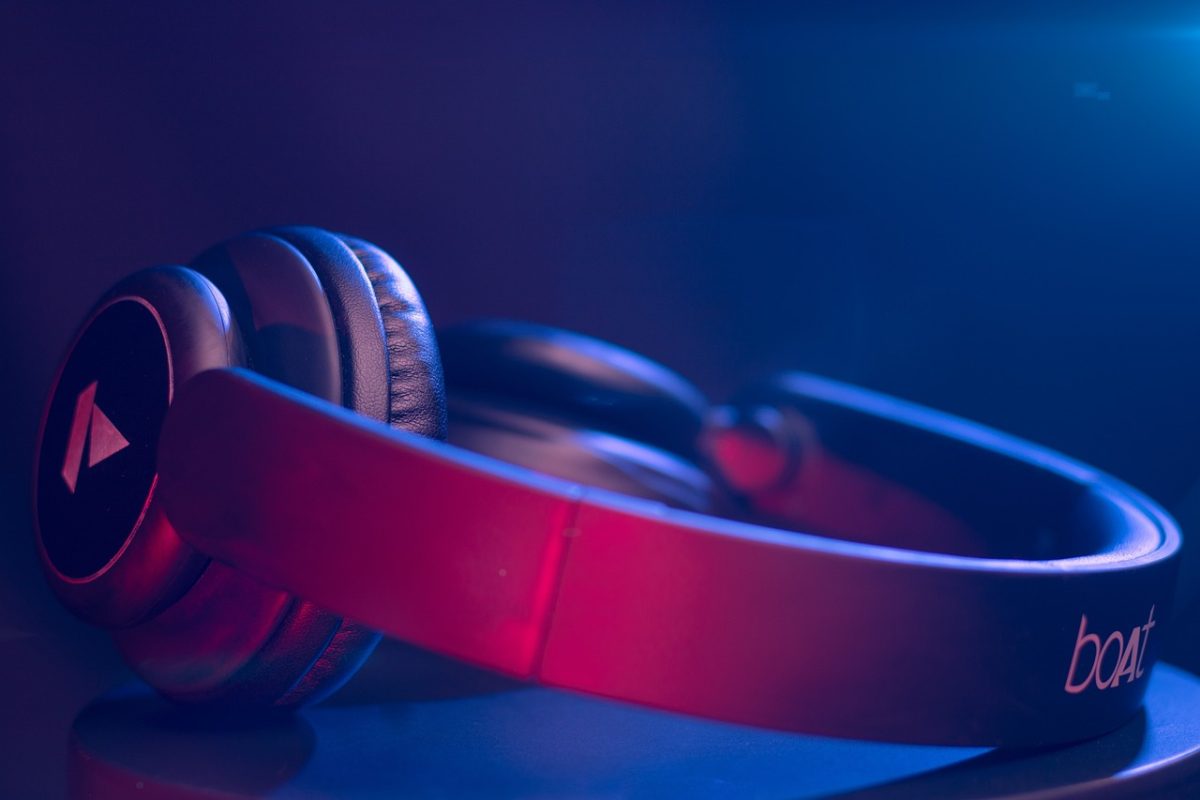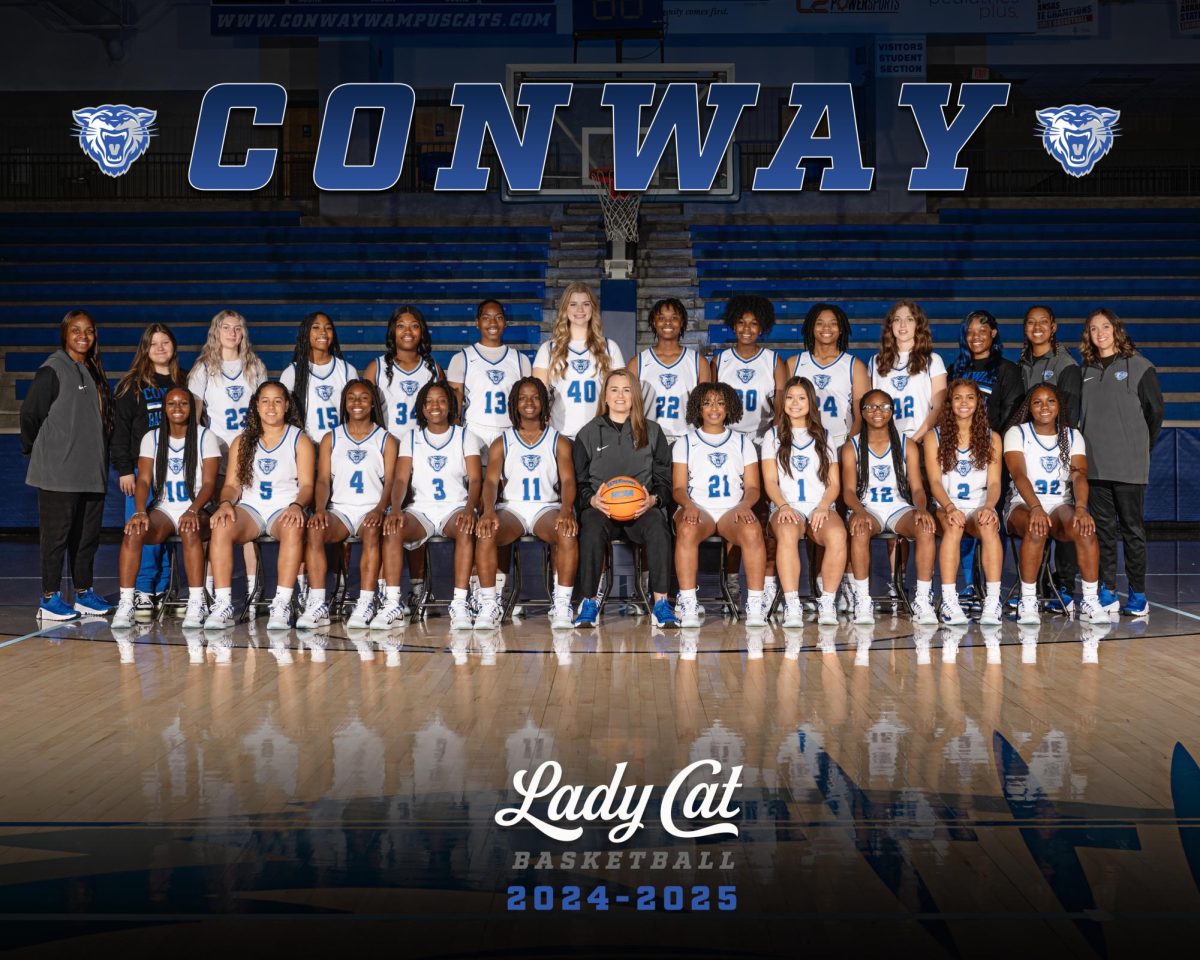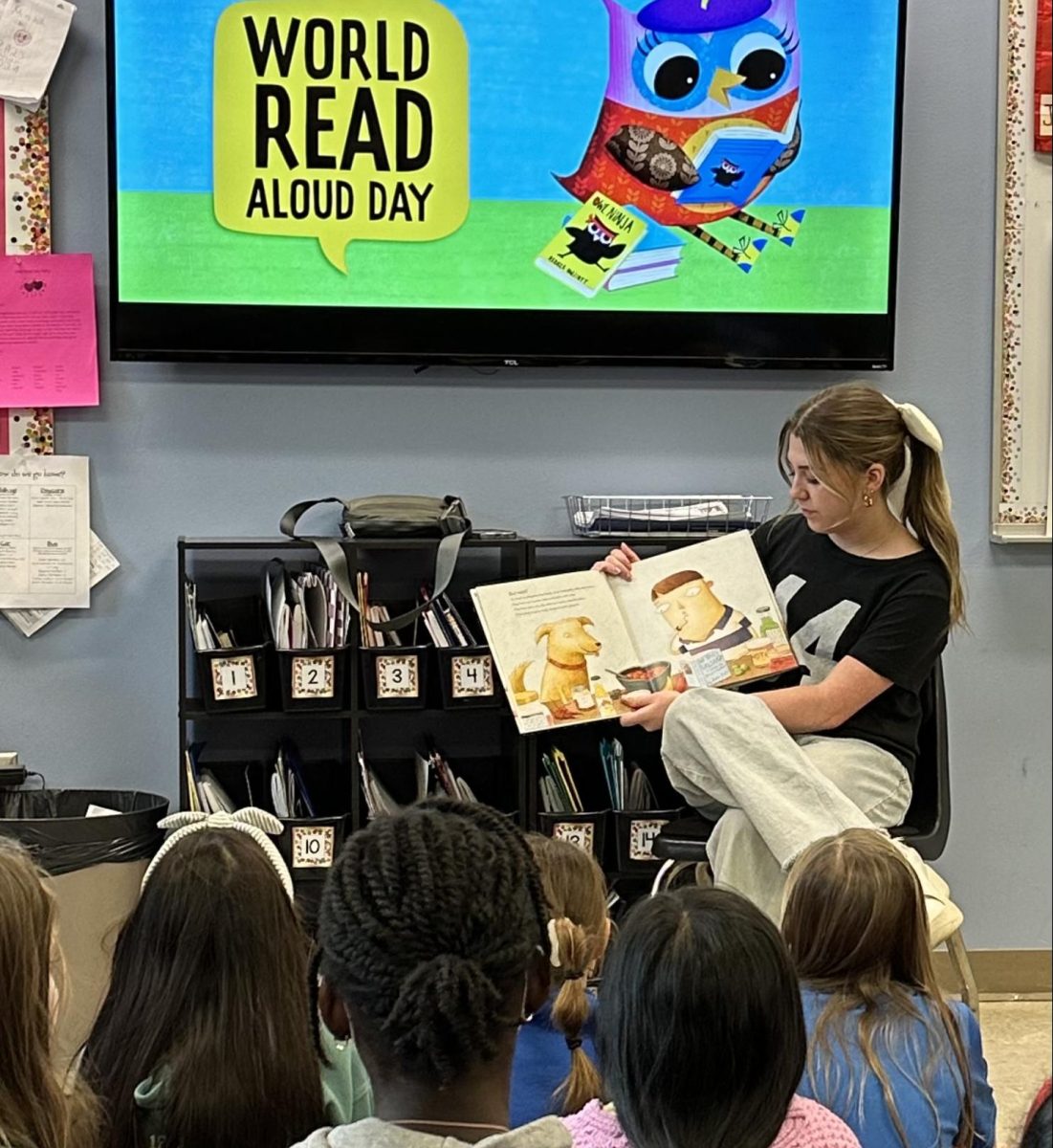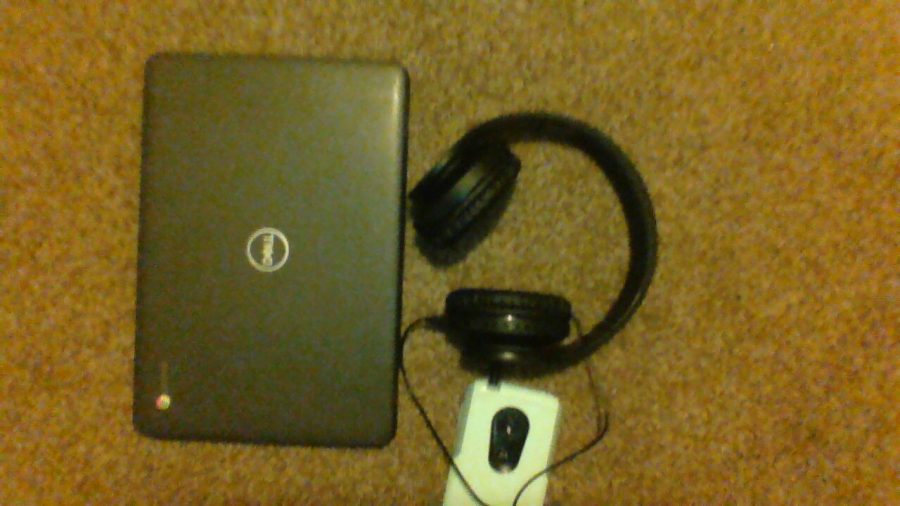“The Depressed Generation”
May 23, 2022
If you were born between 1997 and 2012, congratulations, you’re a part of the group “Gen Z” or “zoomers”. This group of people is also commonly referred to as the “Depressed Generation” and for good reason. Only 45% of Gen Z subjects in a 2019 study reported very good or excellent mental health compared to the 56% of millenials and 70% of boomers. It’s no secret that Gen Z is very open when it comes to conversations about mental health and it has put us on the path of destigmatizing struggling with depression, anxiety, or other mental issues and seeking help. However, the increased awareness of mental illness isn’t enough to explain the stark contrast between generations. Are more young people depressed or do we just have better information about mental illness and more exposure to other people’s experiences? If we are more depressed and anxious, what’s the cause?
Perhaps the biggest and most obvious explanation is the Internet and by extension, social media. Even the adults of Gen Z have known the Internet from a young age and posting about our lives is almost a given. Platforms like Instagram, Facebook, and Tiktok have created a hyperconnected world that at the same time leaves us isolated and disconnected from reality. Gen Z is also characterized by increased involvement with world news thanks to its easy access on social media, news websites, and TV. Constantly surrounded by stories of climate change, mass shootings, political corruption, school debt, discrimination, deportation, and sexual assualt can make anyone feel helpless, especially when there’s not a clear way to help. The Internet often paints a bleak picture of the future and that can be a source of anxiety for the generation that it’s heavily relevant to.
Every generation has experienced some sort of world-altering event. For Gen Z, it will likely be the on-going Covid-19 pandemic. Besides causing millions of deaths, the pandemic separated us more than ever through quarantine. Isolation’s adverse effects were clearly reflected in Gen Z’s mental health as our outlets for social interaction were almost entirely limited to social media. Starved of real connection and involvement, coupled with consistent news stories of the sick and dying created a recipe for disaster. All of these factors have made mental illness more common in Gen Z, leading to the nickname “The Depressed Generation”. Luckily, we have more treatment accessible than ever before and are starting to talk about our problems and their potential solutions more. Mental health may be a looming problem for Gen Z, but what’s important is that we are addressing it and actively trying to make a change.
Resources:
https://www.aecf.org/blog/generation-z-and-mental-health
https://www.apa.org/monitor/2019/01/gen-z
https://ct.counseling.org/2022/01/the-emotional-and-social-health-needs-of-gen-z/

